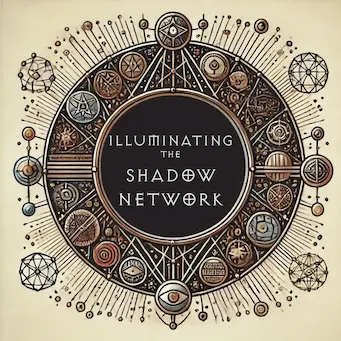Rob Greenway
Role: Contributor
Position: Senior Fellow at the Hudson Institute
Background:
Rob Greenway is a Senior Fellow at the Hudson Institute, where he focuses on national security and foreign policy issues. He has a distinguished career in the U.S. government, serving in various strategic and policy-related roles, including at the Department of Defense and the National Security Council (NSC). Greenway played a pivotal role in shaping U.S. policy in the Middle East, particularly through his work on the Abraham Accords and his leadership in implementing major economic sanctions against Iran. He has received numerous military and civilian awards for his contributions, including the Secretary of Defense Medal for Outstanding Public Service and the Legion of Merit.
Relation to Trump:
Rob Greenway’s work at the NSC, particularly during the Trump administration, aligns closely with several of Trump’s foreign policy priorities. As a principal architect of the Abraham Accords and a key figure in executing the administration’s Iran strategy, Greenway’s contributions were central to some of the administration’s most significant foreign policy achievements. His current role at the Hudson Institute continues to reflect a commitment to conservative approaches to national security and foreign policy, which resonate with the broader Trump agenda.
Scandals or Controversies:
Rob Greenway has not been involved in any major personal scandals. However, his work in national security and foreign policy, particularly in areas related to the Middle East, has placed him at the center of complex and often polarizing geopolitical debates. His involvement in implementing significant sanctions and his role in the Abraham Accords are likely to attract scrutiny from critics of these policies.
Potential Concerns:
Greenway’s deep involvement in shaping U.S. foreign policy, especially in contentious areas like the Middle East, could draw criticism from those who oppose the Trump administration’s strategies or broader conservative approaches to international relations. His continued influence through his role at the Hudson Institute suggests that he remains a key player in advocating for these policies, which may continue to be polarizing.


